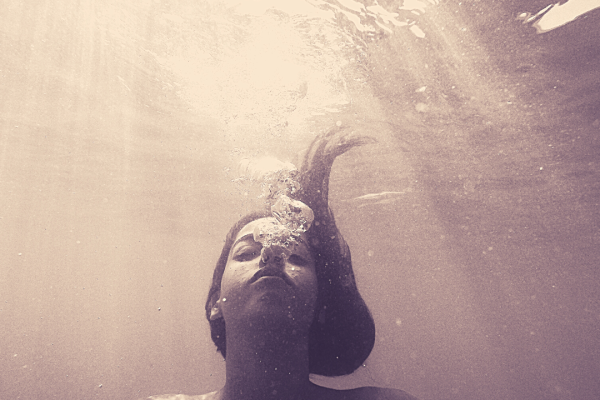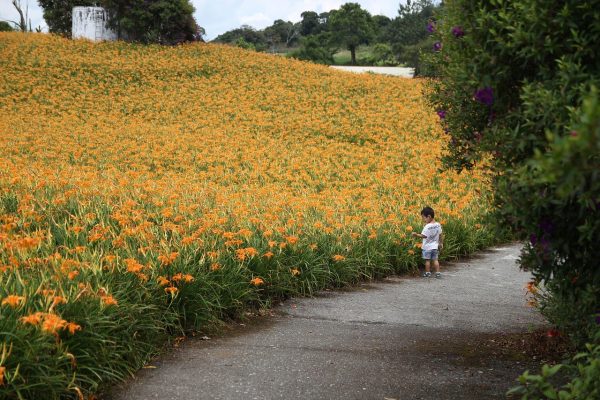Now the king of Egypt commanded Shifra and Puah
And he said,
“When a boy is born to a Hebrew woman you shall kill it!”
For the women were midwives,
Who helped the mothers of newborn babes.
But Shifra and Puah did not – would not –
Could not do as Pharaoh commanded.
Would not – could not – kill the sons of Israel –
Saved the children of Israel
From death decreed by Pharaoh.
That we may not forget, their names are inscribed in Torah.
And a woman of the tribe of Levi
Had a little son
And she hid him, that the soldiers of Pharaoh
Might not kill him.
Out of reed she wove a little ark
And waterproofed it,
And placed her little boy within
And set it among the bulrushes at the edge if the river Nile.
And Miriam the boy’s sister, hid among the rushes
To watch over him.
Came the daughter of the Pharaoh
And bathed in the waters of the Nile.
And she picked up the baby out of the basket.
And she smiled at the weeping infant.
Then from her place of hiding
The brave slave-girl, Miriam,
Approached the daughter of the king.
“Shall I find thee a nurse from among the Hebrew women?”
Thus did Pharaoh’s daughter hire the baby’s mother
To be his nurse
And paid her wages to nourish him –
For he was as the son of the daughter of Pharaoh
And he lived at the palace of the Pharaoh
And she called him Moses.
As it is written in Torah.
And thus, children, does the Torah tell
How the loving-kindness of Shifra, Puah and Miriam
And of Pharaoh’s daughter
Saved the lives of the children of Israel,
Saved the life of Moses, our teacher.
From Out of the House of Bondage, edited by Adele Bildersee (New York: Union of American Hebrew Congregations, 1982). Used with permission of the UAHC.











